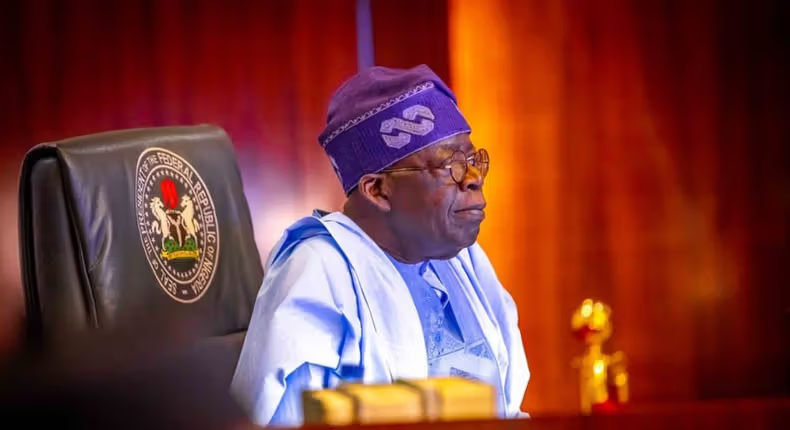President Bola Tinubu’s administration has borrowed a staggering $6.45 billion from the World Bank within just 16 months, raising concerns about Nigeria’s escalating debt profile. This figure has surged recently due to the approval of three new loans totaling $1.57 billion aimed at various development projects across the country.
Total Loans and Sectors Targeted
Over the past five years, the total loans approved by the World Bank for Nigeria have reached an alarming $24.088 billion. The newly approved loans target critical sectors, including:
- Power: $750 million
- Women’s Empowerment: $500 million
- Girls’ Education: $700 million
These loans are intended to address long-standing issues such as deteriorating infrastructure and rising unemployment rates, which have led to increasing public discontent.
Public Skepticism and Economic Concerns
Many citizens have expressed skepticism regarding the government’s borrowing policies, citing a pervasive distrust stemming from perceived inefficacy of past loans. A concerned citizen remarked, “While we understand that resources are thin in a country with a burgeoning population, the previous borrowings have not brought tangible improvements.”
Historical Borrowing Patterns
Data from the World Bank indicates a consistent pattern of loan approvals to Nigeria since 2020, with a notable increase in borrowing:
- 2020: 15 loans worth $6.36 billion
- 2021: 6 loans worth $3.2 billion
- 2022: 6 loans worth $1.26 billion
- 2023: Loan requests rose to $2.7 billion for four key projects
As of 2024, the World Bank has approved loans totaling $3.82 billion, reflecting an ongoing financial relationship between Nigeria and the international lender.
Debt Service Obligations and Economic Stability
Despite the influx of loans, Nigeria faces significant challenges with its escalating debt service obligations. As of March 31, 2024, Nigeria owed the World Bank a total of $15.59 billion. The cost of debt servicing reached ₦6.04 trillion in the first half of 2024, marking a 68.8% increase from the previous year’s figure, largely due to the devaluation of the naira.
Economic analysts warn that Nigeria’s current borrowing trajectory, combined with rising debt servicing costs, could jeopardize its economic stability. A financial expert cautioned, “If the government does not find a sustainable way to manage its debt, the repercussions could be dire for the economy and its citizens.”
Looking Ahead
As the Tinubu administration continues to pursue financial assistance from the World Bank, the public remains divided. Some acknowledge the necessity of borrowing to address urgent infrastructure needs, while others express concerns about the long-term implications of such financial commitments.
The coming months will be crucial as Nigeria navigates its financial landscape, balancing the need for development funding with the imperative of fiscal responsibility. With further approvals expected, the critical question remains: will these loans facilitate much-needed economic recovery, or will they lead Nigeria down a perilous path of unsustainable debt?

